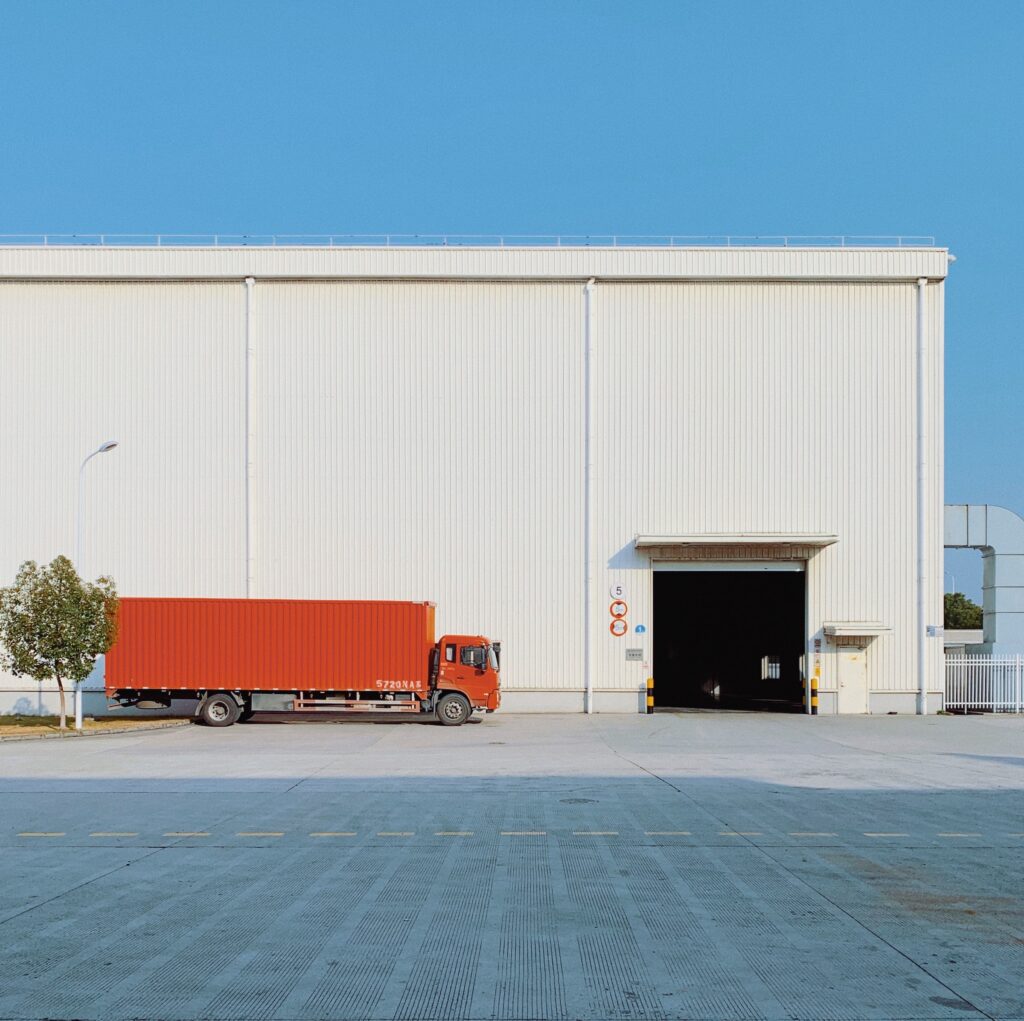It is common knowledge that the language dialects of British English and American English have many differences not only in pronunciation and spelling but also in vocabulary. Both variations of the English language like to play with words, sometimes giving them meanings on opposite sides of the pond.
Furthermore, each dialect has unique terms that are not commonly used in the other. “Lorry” is one such term. But what exactly is a lorry?
Many people get confused about the fact that a Lorry and a Truck describe almost the same thing. In British English, a lorry refers to a large, heavy-duty vehicle capable of carrying many cargos. In American English, this type of vehicle is commonly known as a semi, a tractor-trailer, an 18-wheeler, or just a truck.
The word “Lorry” is derived from the British dialectal term “Lurry,” used in the late 19th century to describe a low, flat wagon for carrying heavy loads. Over time, the word “lorry” gained broader usage and became associated with motorized vehicles used for transportation and freight.
It eventually became the preferred term in the UK for what is known as a “truck” or “tractor trailer” in other English-speaking countries.

However, the term “Truck” has a different language origin. It comes from the Greek word “trochos,” meaning wheel, which eventually entered the English language through Old French. In the United States and Canada, “truck” became the standard term for large motor vehicles used for transportation, while the term “Lorry” remained the common term in the UK.

